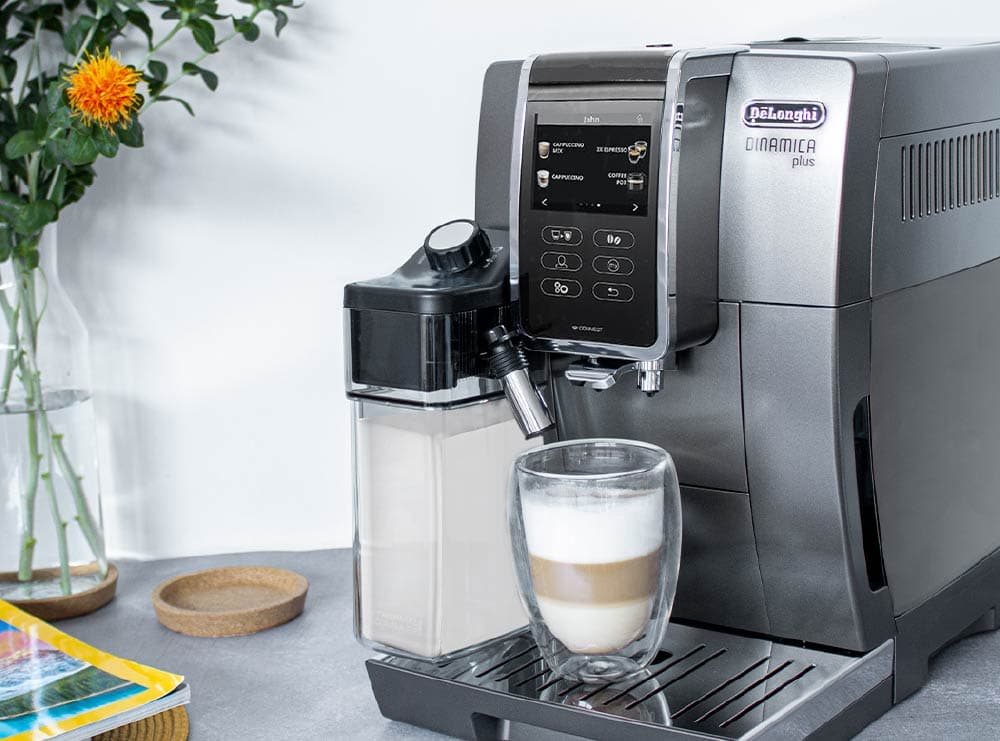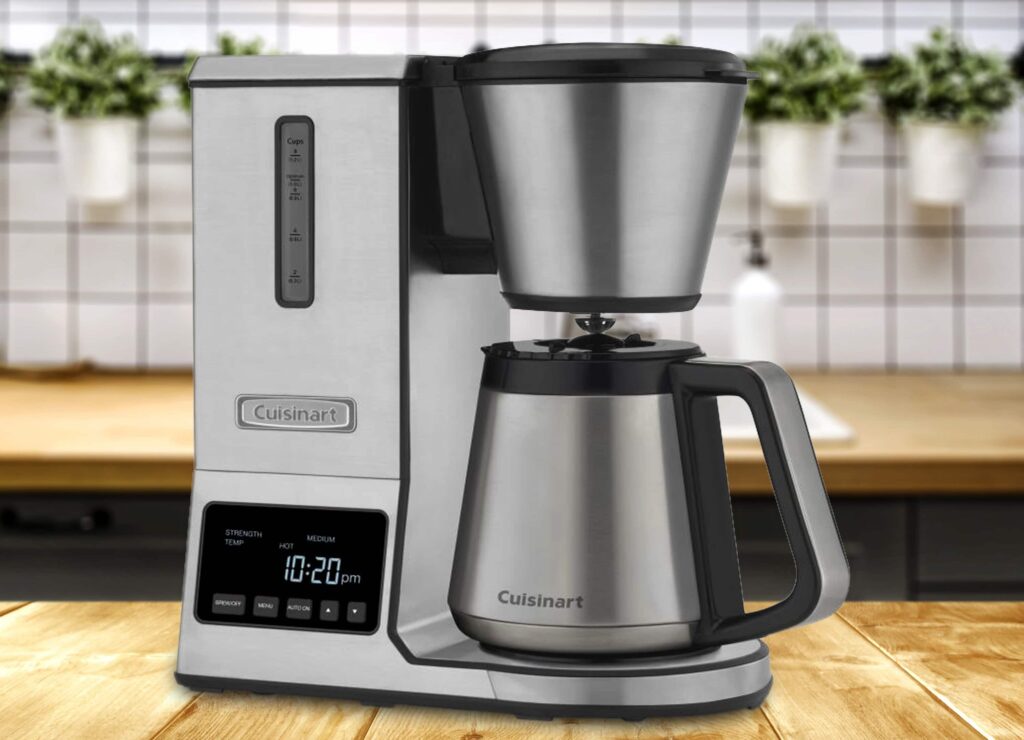White coffee might be the latest trend in the coffee-drinking world, but it has a rich and long history. While dark roast aficionados probably hate it and look at it with disgust, an increasingly high number of coffee lovers are turning to this type of coffee to satisfy their needs. In this post, we will be considering all you need to know about white coffee, including its origin, benefits, features, how to brew, and so much more. Read this definitive guide to white coffee to find out all you should know about this wonderful brew.
In simple terms, white coffee is a light roast coffee. It is often referred to as “under-roasted”. To make white coffee, the beans are slowly roasted, and it is today a novelty in the Western world. What kind of beans is used to make it? Well, believe it or not, regular coffee beans that can come from any of the popular coffee roasts, including Robusta or Arabica.
The chances are high that before today, you might never have heard about this type of coffee. You can enjoy this wonderful kind of coffee, which will be prepared for you by a coffee machine, and if you do not have one, then we suggest you familiarize yourself with this selection of the best 5 cup coffee makers.
Before we go on, it is important to know that white coffee is rather different from the Malaysian White Coffee. That type of coffee is made from roasting the coffee beans with some margarine and condensed milk.
White coffee is widely believed to have come from Yemen. This region is popular in coffee-lore since it is believed that the first coffee beans were discovered in the area.
We need to clear up a misconception many folks have about white coffee; that it’s actually white in color. Although Yemen is the most popular location, white coffee can also be found in places like Indonesia and Malaysia, among other places.
In Yemen, white coffee was usually served with a spice blend used in making soups and desserts called Hawaij. Even in some parts of the region, you will still find it served in this way.
When mixed with this spice, white coffee explodes in your mouth, bursting with rich flavors and spices.
While the resulting beverage is a light beige color, the coffee itself isn’t white. Moreover, it still has the natural, earthy flavors that you would find in your regular coffee. If you enjoy drinking light-roast coffee, then you will likely love white coffee.
Seeing that light-roast coffee and white coffee are similar, what then is the difference between the two?
Your typically light-roast coffee comes with the basic coffee beans flavors. Unfortunately, nobody can completely agree on what commercially produced white coffee truly is. This is because manufacturers hide the roast level and the origin to create an air of mystery, thus driving the price up.
However, typical white coffee has a nutty, grassy flavor, even more than the regular light roast.
Despite the confusion around white coffee, we have managed to identify some key differences between it and regular coffee.
First, it comes with a different flavor profile and has a higher caffeine content than some of the regular light-roast coffee. Another difference is that the coffee beans of white coffee are significantly tougher and harder than regular light roast coffee. In fact, trying to grind it in your coffee grinder can damage your appliance.
The main difference, though, lies in the duration and temperature of roasting. White coffee is roasted for a short period. They are also roasted at a lower temperature than the other regular coffee beans.
White coffee comes with more caffeine than regular coffee. However, how much caffeine is a matter of debate among experts.
According to some, the caffeine content is up to 50% more while others even say that it is higher: up to 75%. While there is no accurate answer to the caffeine content in white coffee, one thing is clear: it has more caffeine. But why are we so sure? Let’s consider the facts.
First, it is a widely known fact that the longer the time the coffee beans are roasted, the lower the caffeine content. Considering that white coffee is roasted for a shorter period than regular coffee beans, it stands to reason then, that the caffeine content would be higher.
There are several benefits to drinking white coffee. Let’s see some of them.
Remember that above, we talked about white coffee having its origins in Yemen. Well, to fully enjoy this wonderful drink, you should drink it like it is meant to be drank: with spicy hawaij.
White coffee on its own has a mild, grassy, and nutty flavor. However, when hawaij is added to it, it takes it up a notch, filling your mouth, not just with the nutty flavor or white coffee, but also with ginger, cloves, cinnamon, and more!
Brewing white coffee is somewhat tricky; however, it can be done to perfection if you follow these steps.
First, you must use a high-pressure brewing method. Anything less will leave your coffee tasting terrible. It is important to use such a method because as stated earlier, the beans from white coffee are very dense.
Get your espresso machine ready, since it delivers plenty of pressure. If you don’t have an espresso machine, you can use a Moka pot.
Brew it as you would your regular coffee, although due to the dense nature of the beans, you might have to run the espresso shot two times.
You can also use a French press to make white coffee brew. It is an especially excellent method since you can vary the steeping time to produce the flavor you desire most.
Getting your hands on white coffee isn’t going to be an easy task. While it is growing in popularity, it still isn’t as popular as the other options on the market. You can check online stores to find the one for you, or simply ask your barista to help you.
Some folks say that white coffee is probably healthier than regular one, and we are inclined to agree. It comes with more antioxidants, more caffeine, and has been linked to several health benefits as well.
Although it isn’t as popular as other types of coffee right now, we expect that to change in the future. Get ahead of the curve right now and try this unique type of coffee. It might just turn out to be your favorite drink!





